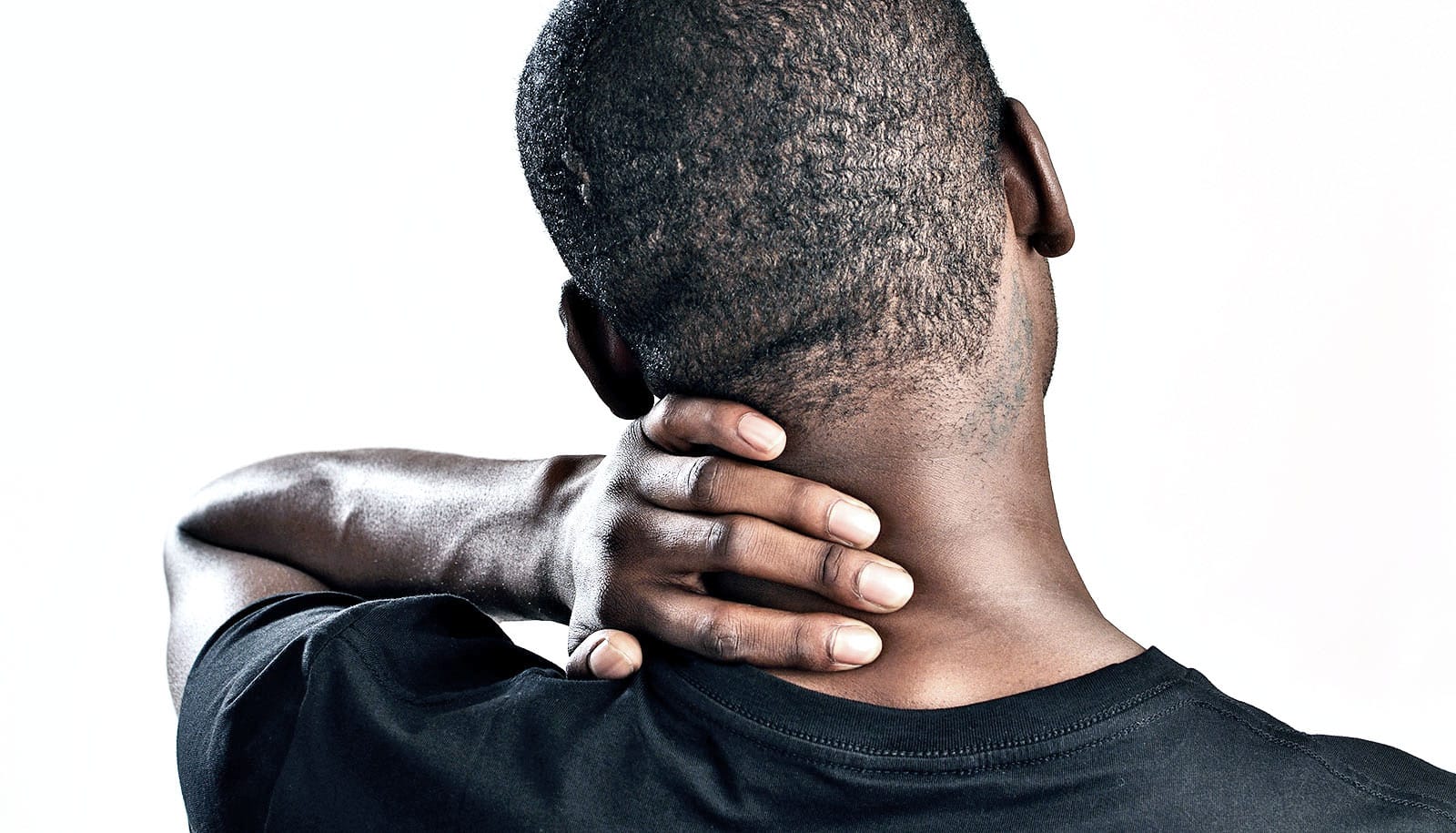Neck-strengthening exercises in the preseason can help protect the heads of athletes at higher risk of concussion, new research suggests.
For a new study, which appears in the Journal of Orthopaedic and Sports Physical Therapy, researchers looked at previous studies on the role that the neck’s strength, size, and posture play in reducing concussion risk. They also looked into the greater risk of head injury to female and young male athletes who play contact or impact sports.
The researchers then developed recommendations physical therapists and athletic trainers can use to protect athletes.
These include performing a thorough cervical spine assessment as part of the pre-athletic participation exam; screening for pain because baseline reports of neck pain have been associated with increased concussion risk in young athletes; and providing interventions such as exercises to strengthen neck muscles.
“Our ability to detect sports-related concussions has greatly improved, but our ability to prevent concussions and decrease post-injury outcomes remains limited,” says lead author Allison Brown, an assistant professor at the Rutgers University School of Health Professions.
“We have identified neck strength, size, and posture as potential factors that reduce risk by lessening the magnitude of force upon impact. Thus, increasing neck strength and possibly size could substantially reduce risk or severity of injury or outcomes.”
An impact that makes the brain move within the skull causes concussions, which can lead to problems with thinking, concentration, mood, or other neurological changes. Additional symptoms can include dizziness and nausea.
A stronger, thicker neck that is aligned in a forward posture—with the ears ahead of rather than aligned with the shoulders—may reduce the amount of energy transferred to the brain during an impact and reduce the risk and severity of injury, says senior author Carrie Esopenko, an assistant professor at the School of Health Professions.
Women typically have less neck strength and experience a greater concussion risk as well as greater severity of symptoms and longer duration of recovery compared to men, Esopenko says.
Source: Rutgers University



